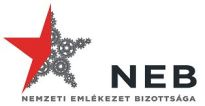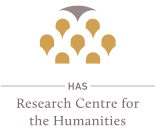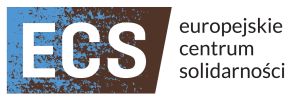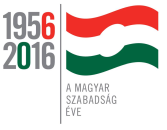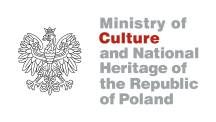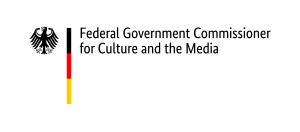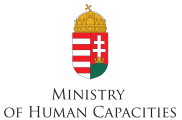9:00
Introductory lectures
Professor Miklós Horváth, House of Terror, Péter Pázmány Catholic University
Professor Kazimierz Michał Ujazdowski, Member of the European Parliament, ENRS Advisory Board
Markus Meckel, German War Graves Commission, ENRS Advisory Board
Host: Gergely Prőhle, Ministry of Human Capacities
9:45
Panel discussion: 1956 as a Turning-Point of History? Analysis of 1956 in terms of impact on Central Europe, the West, and the East’s policies
Professor László Borhi (keynote speaker), Indiana University; Institute of History, Research Centre for the Humanities, HAS
Professor Erwin A. Schmidl, Innsbruck University
Dr A. Ross Johnson, Wilson Center
Professor Peter Haslinger, Herder Institute for Historical Research on East Central Europe and Justus-Liebig-Univerity Giessen, ENRS Academic Council
Dr Stefano Bottoni, Institute of History, Research Centre for the Humanities, HAS
Moderator: Gergely Prőhle, Ministry of Human Capacities
11:45
Panel discussion: Consequences of 1956: Reprisal, Emigration, Societies under Repression’ dealing mainly with the longer-term impacts of the 1956 events
Professor János M. Rainer (keynote speaker), National Széchényi Library 1956 Institute Dept., Eszterházy Károly College (Eger)
Dr Oldřich Tůma, Institute of Contemporary History at the Academy of Sciences of the Czech Republic, ENRS Academic Council
Dr Cosmin Florin Budeanca, Institute for the Investigation of Communist Crimes and the Memory of the Romanian Exile
Professor Jan Rydel, Pedagogical University, Kraków, ENRS Steering Committee
Moderator: Professor Frank Hadler, GWZO at Leipzig University
14:45
Workshops: Parallel Sessions I
1. Religion and religious policy in the period of the Cold War and détente // ORGANISER: Hungarian Academy of Sciences, Research Centre for the Humanities, Institute of History
2. Can we write the history of 1956 from a ‘“bottom up’” perspective on the basis of Regime Archives? // ORGANISERS: Institute for the Study of Totalitarian Regimes, Charles University in Prague
3. Commemorative events at school – developing inquiry-based, thought-provoking, student-oriented event scenarios // ORGANISER: University of Wrocław, Institute of History
15:30
Workshops: Parallel Sessions II
1. Historical Sources of Totalitarian Regimes // ORGANISER: Hungarian Committee of National Remembrance
2. Giving the Victims a name – Register of Resistance Fighters and Persecuted Persons in Communist Europe // ORGANISER: Gedenkstätte Berlin-Hohenschönhausen
3. Centre for Information on the Victims of World War II. Modern tools of archival research for humanitarian purposes // ORGANISER: The Institute of National Remembrance in Poland
16:15
Visit to memorial sites
House of Terror and State Security Archives;
Rákoskeresztúr Cemetery Memorial Plot 301 and “Kisfogház”
20:00
Reception
Ministry of Agriculture


